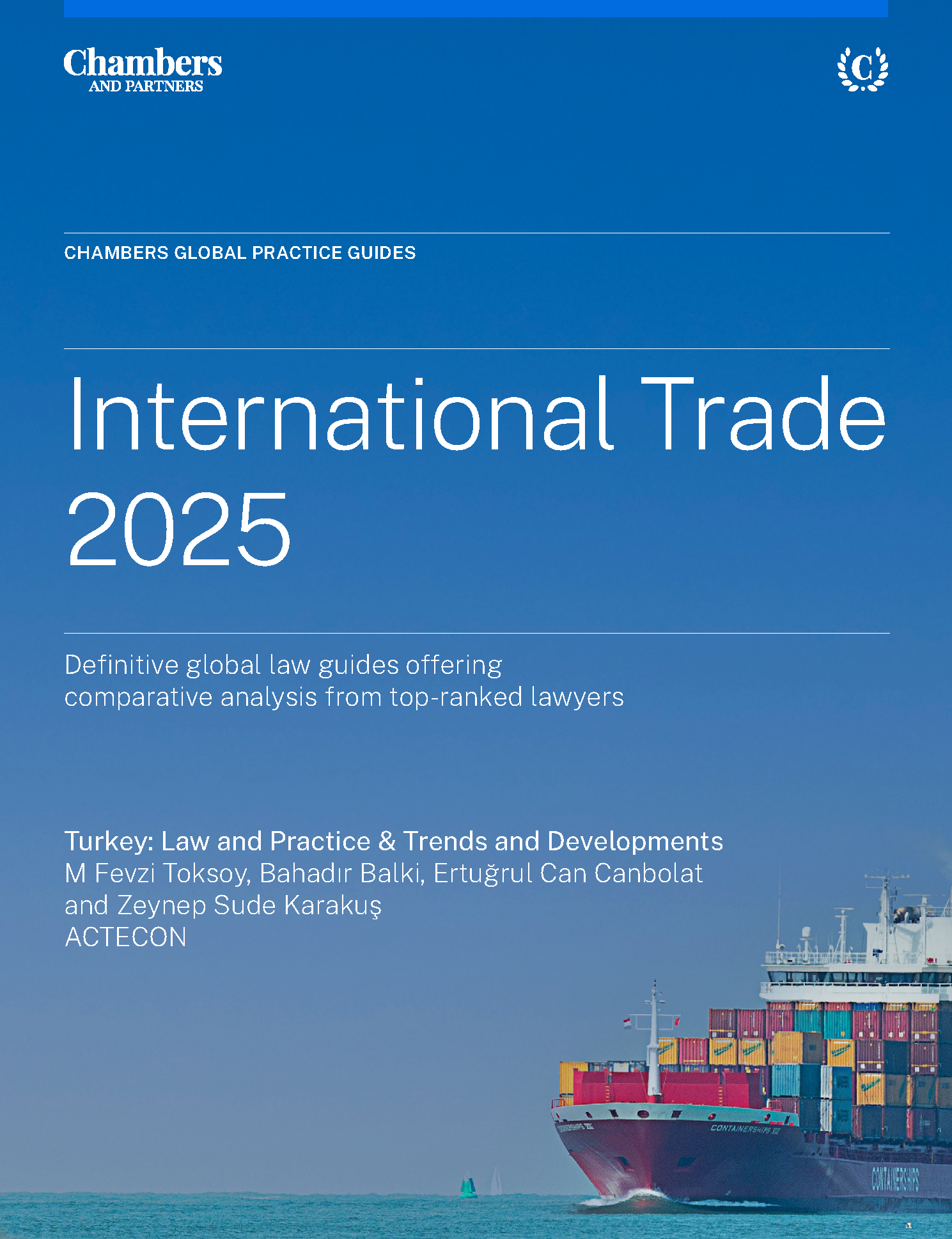Turkish Council of State Annulled the Provision Regarding the Account Maintenance Fees Charged by Banks
| Competition Law

Turkish Council of State Annulled the Provision Regarding the Account Maintenance Fees Charged by Banks
Article by Ertuğrul Can Canbolat and Baran Can Yıldırım
Pursuant to lawsuit lodged by Consumer Problems Association ("Association"), 15th Chamber of the Council of State has annulled Article 13 of the Regulation on Basis and Procedures Regarding the Fees Receivable from Financial Consumers ("Regulation") which sets out that the banks may charge to their customers maintenance fees for their bank accounts.
Within this article, we address the reasoning of the Council of State regarding the annulment of the relevant provision of the Regulation to your attention.
Relevant Legislation for Additional Charges in Banking Transactions
According to paragraph 3 of Article 4 of the Law No 6502 on the Protection of the Consumer ("Consumer Law"), additional fees may not be "claimed from the consumers for the acts that are among the legal obligations of the party drafting the contract and which the consumer rightly expects relative to the good or service presented to the consumer, and for the expenses made in line with the benefits of the party drafting the contract". Within this scope, the Consumer Law empowered the Banking Regulation and Supervision Agency ("BRSA") to regulate the principles and rules related to additional fees chargeable with respect to the goods or services provided to consumer by banks, financial institutions offering consumer credits or issuing cards. Indeed, any action taken by the BRSA related to this issue must be in an understanding that protecting the consumer. Lastly, as a precedential requirement set out by the Court of Cassation's decisions, such fees must be rightful, reasonable and documented1.
In order to determine the basis and procedures relating to the additional charges receivable from the financial consumers apart from interest, profit share and types of commission and fees with respect to the services provided by the institutions2, the BRSA has enacted the Regulation in 2014.
According to the Regulation, the institutions may charge certain fees with respect to individual credits, deposit/participation funds, money transfers, credit cards and other goods or services such as safe deposit box and invoice payment. The full list is provided as Annex – 1 to the Regulation and the list is exhaustive. In other words, the institutions may charge the fees listed in the concerned Regulation with respect to their financial transactions.
Council of State's Decision
The Council of State has found considering the established case law of the Court of Cassation that the account maintenance fee is not lawful since it did not fulfil the criteria set out by the Consumer Law. In other words, it was determined that the account maintenance fee was not protecting the consumers interest, thus a maintenance fee could not be deemed as rightful, reasonable and documented. Therefore, the Council of State annulled the paragraph one of Article 13 and item 2.1. of the Annex-1 of the Regulation. As a result, the account maintenance fees may not be charged by the institutions from now on and consumers are entitled to initiate lawsuits to request from the banks the maintenance fees already paid.
Footnotes
1. 13th Chamber of the Court of Cassation's decision dated 08.11.2012 and numbered 2012/23738 E., 2012/25211 K., and 13th Chamber of the Court of Cassation's decision dated 26.02.2013 and numbered 2013/924 E., 2013/4744 K.
2. Within the scope of this article, the term institutions mean banks, financial institutions offering consumer credits or institutions that issue credit cards.







